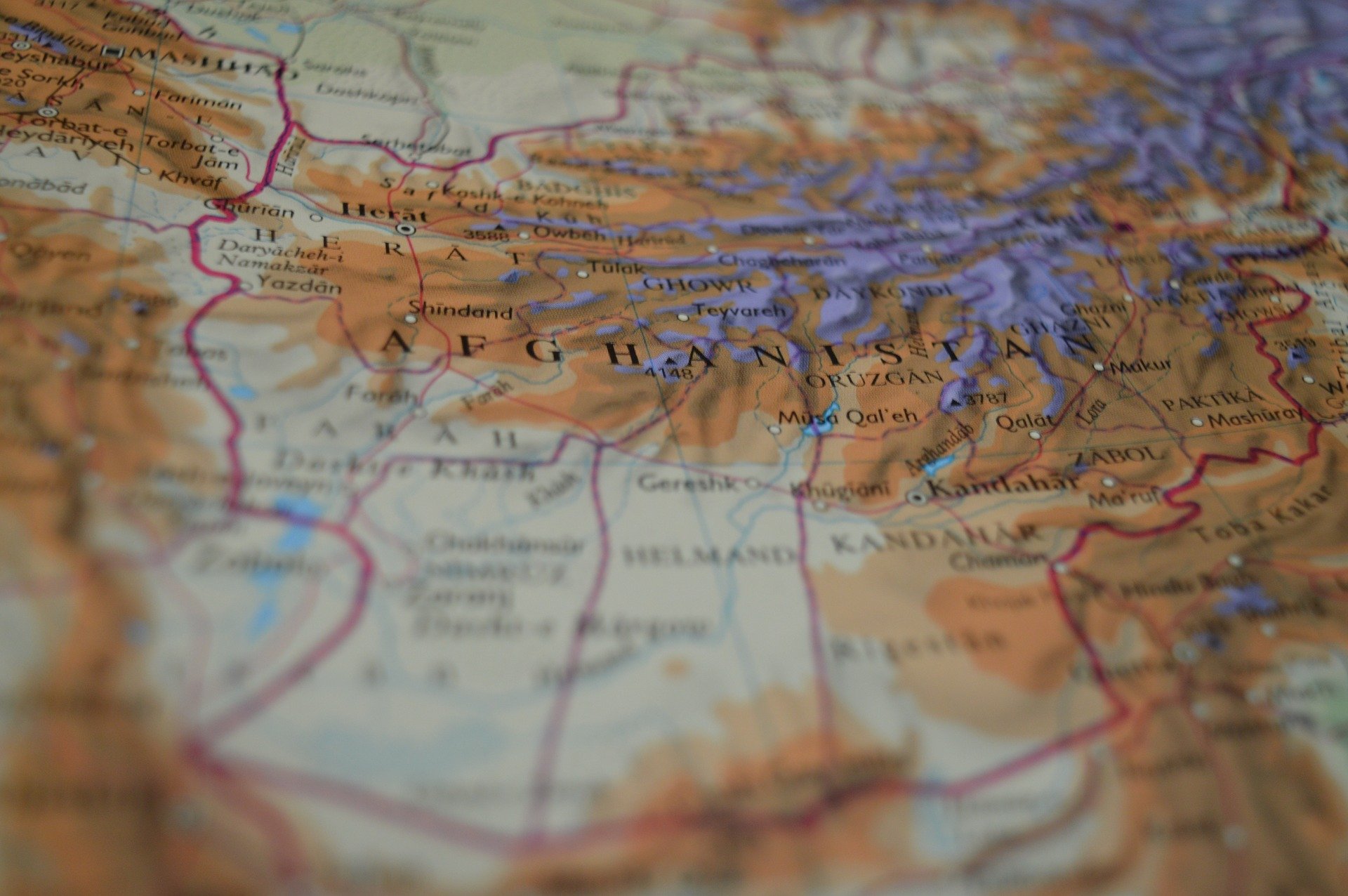From Kabul to the Sahel: Afghanistan’s lessons for counter-insurgency and state building

The rapid collapse of Afghanistan’s Western-backed government and the Taliban’s return to control over the whole of the country over the past several days has prompted shock among NATO allies who participated in the two-decade-long mission to build up a state in Kabul. As political leaders in Washington, London, Canberra, and across the European Union defend a clearly mismanaged withdrawal in the face of domestic recriminations, Afghans in the extremist movement’s crosshairs now face desperate circumstances. Many have been driven into hiding, while others try to secure a place on the precious few flights out of Kabul’s international airport.
The sudden reversal of events in Afghanistan has left journalists, civil society leaders, women’s rights activists, and members of ethnic and religious minorities like the Hazara at the mercy of a group known for its brutal enforcement of a fundamentalist interpretation of Islamic law. It has also called into question the wisdom of the decisions taken by the NATO allies – led by the United States and motivated by a public weariness with a mission whose odds of success seemed remote – to cut a poorly-defined deal with the Taliban and leave the Kabul government, imperfect as it was, to its fate.
Of course, the Afghan war is not the only front in the Western world’s long-running fight against Islamist extremism. Far from an isolated case, the repercussions of the fall of Kabul are likely to reverberate beyond the country’s borders. Lessons from Afghanistan are especially relevant for ongoing stabilization missions in Africa’s Sahel region, where EU countries led by France face similar pressure to change their approach – but where the victory of the Taliban lays out in harrowing detail the dangers of abandoning local allies.
The long war against jihadism in the Sahel
Much like the original NATO intervention in Afghanistan, which helped the forces of the Northern Alliance push the Taliban from power in the span of a few months in 2001, the French-led intervention in Mali in January 2013 successfully reversed a militant advance on Mali’s capital of Bamako. In a matter of weeks, French and Malian forces liberated cities such as Timbuktu and Gao from an alliance of jihadist groups including al-Qaeda in the Islamic Maghreb (AQIM) and Ansar Dine. French forces on the ground also received critical support from Chad, who under late president Idriss Déby deployed 2,000 troops to the country in support of the international intervention.
In the years since, France has struggled to establish a sustainable long-term footprint, despite Operation Serval transitioning to the more regionally-oriented Operation Barkhane in 2014 and now, per the most recent announcements from French president Emmanuel Macron, to the more multilateral and European Operation Takuba. Barkhane, which has seen over 5,000 French troops operating from the Chadian capital of N’Djamena, has in theory been based in theory on a G5 security grouping of five Sahel countries (Mali, Chad, Niger, Mauritania, and Burkina Faso). In reality, the five countries have not borne the brunt of the fight against the region’s jihadist groups equally; countries like Chad continue to pay a heavy price, as most recently evidenced by the deadly Boko Haram ambush which killed 24 Chadian soldiers earlier this month.
The close partnership between Paris and N’Djamena on regional security issues faced a serious and unexpected crisis with the battlefield death of Idriss Déby this past April. Unlike Afghanistan, however, the rapid intervention of a transitional government led by Déby’s son Mahamat saved the Chadian state from collapse. Instead, Chad’s transitional authorities have embarked upon a national dialogue with opposition forces and rebel groups from a position of stability, marking a clear contrast from the doomed negotiations undertaken by Afghanistan’s former president Ashraf Ghani.
Europe’s slow and steady transition
The events of the past few months in Chad have had a considerable bearing for European security policy in the region. Macron has framed the future of France’s involvement in the Sahel in terms which recall those infamously used by Joe Biden about Afghanistan, with the French leader claiming “we cannot secure certain areas because some states simply refuse to assume their duties.” The dramatic downfall of the Afghan government, however, makes clear that any shift in France’s presence in the region must be gradual and deliberate.
A repeat of the Western failure in Afghanistan, particularly in the form of state collapse in any one of the G5 countries, would have dire consequences for the whole of Europe. As the European Union’s top diplomat, Josep Borrell, said after Idriss Déby’s death: “We must hold Chad. Were it to fall apart, the whole of the Sahel would shatter.”
As Afghanistan nonetheless makes clear, the road to long-term stability in the Sahel is not to be found in military means alone. Years of training, equipment, and financial assistance have not left the forces of the G5 countries prepared to maintain regional security without outside assistance. With that in mind, regional governments and their European backers must implement fundamental reforms to bridge the divides between ethnic groups and regions and drive needed development in the Sahel conflict zones. Otherwise, Europe’s efforts at nation-building cannot aspire to secure better outcomes in Bamako than they have in Kabul.
(Devdiscourse's journalists were not involved in the production of this article. The facts and opinions appearing in the article do not reflect the views of Devdiscourse and Devdiscourse does not claim any responsibility for the same.)










